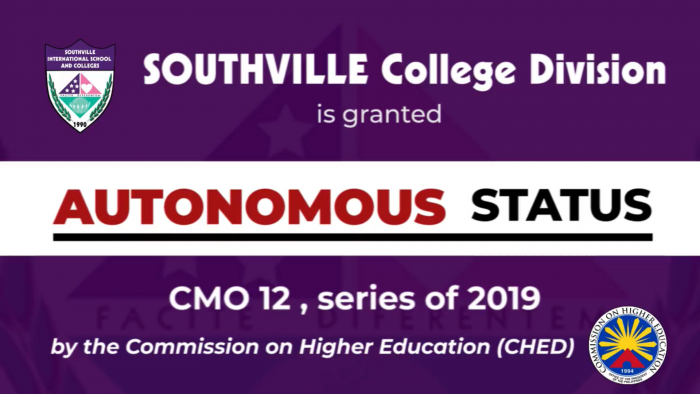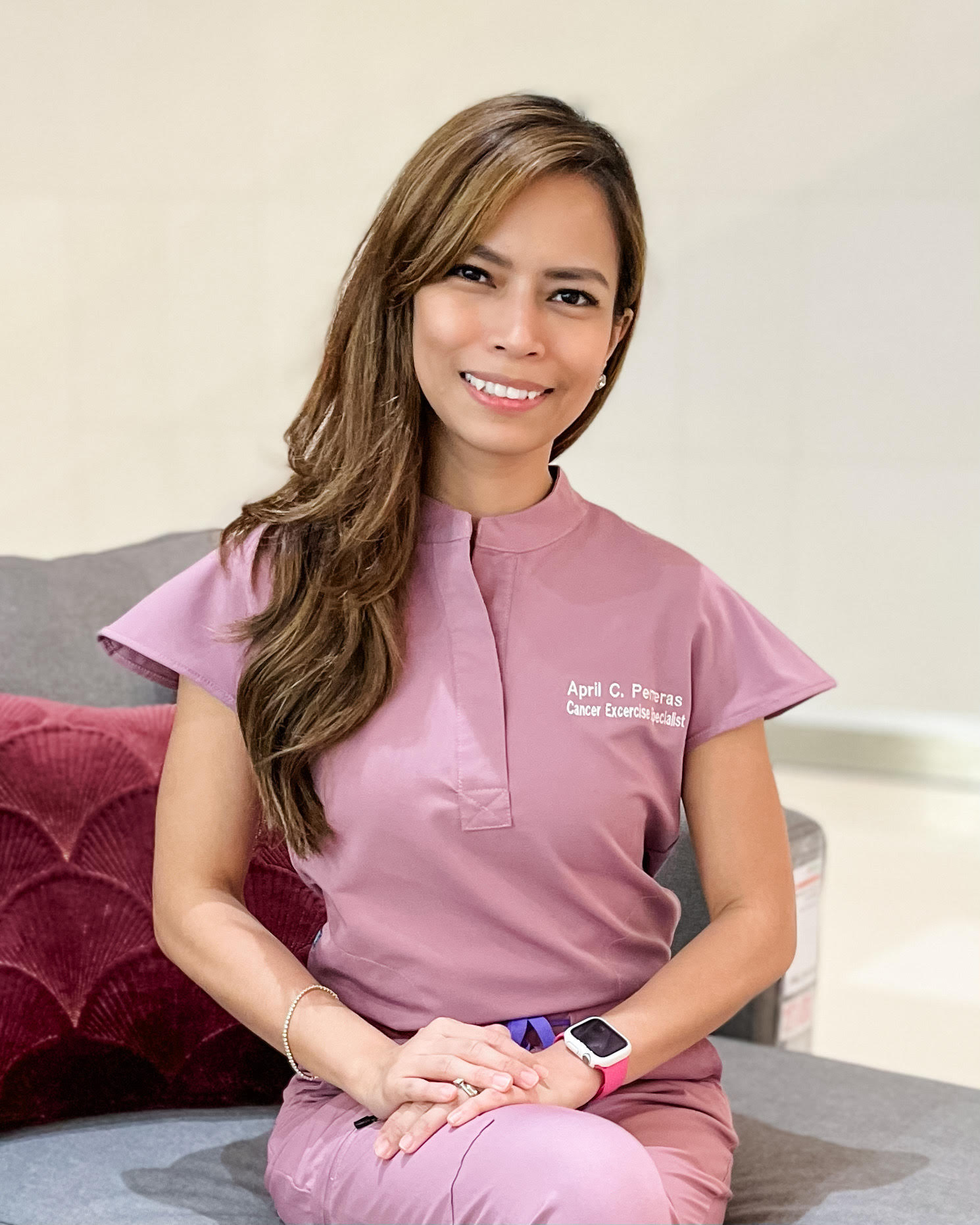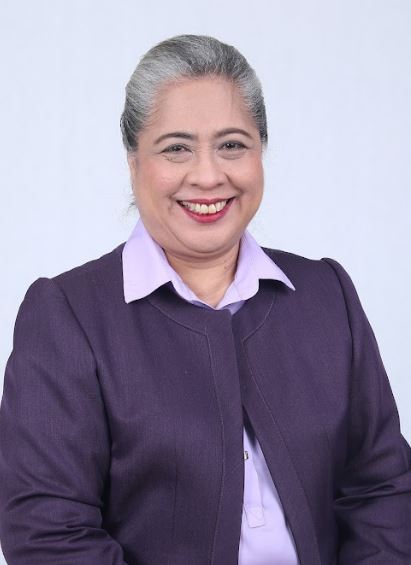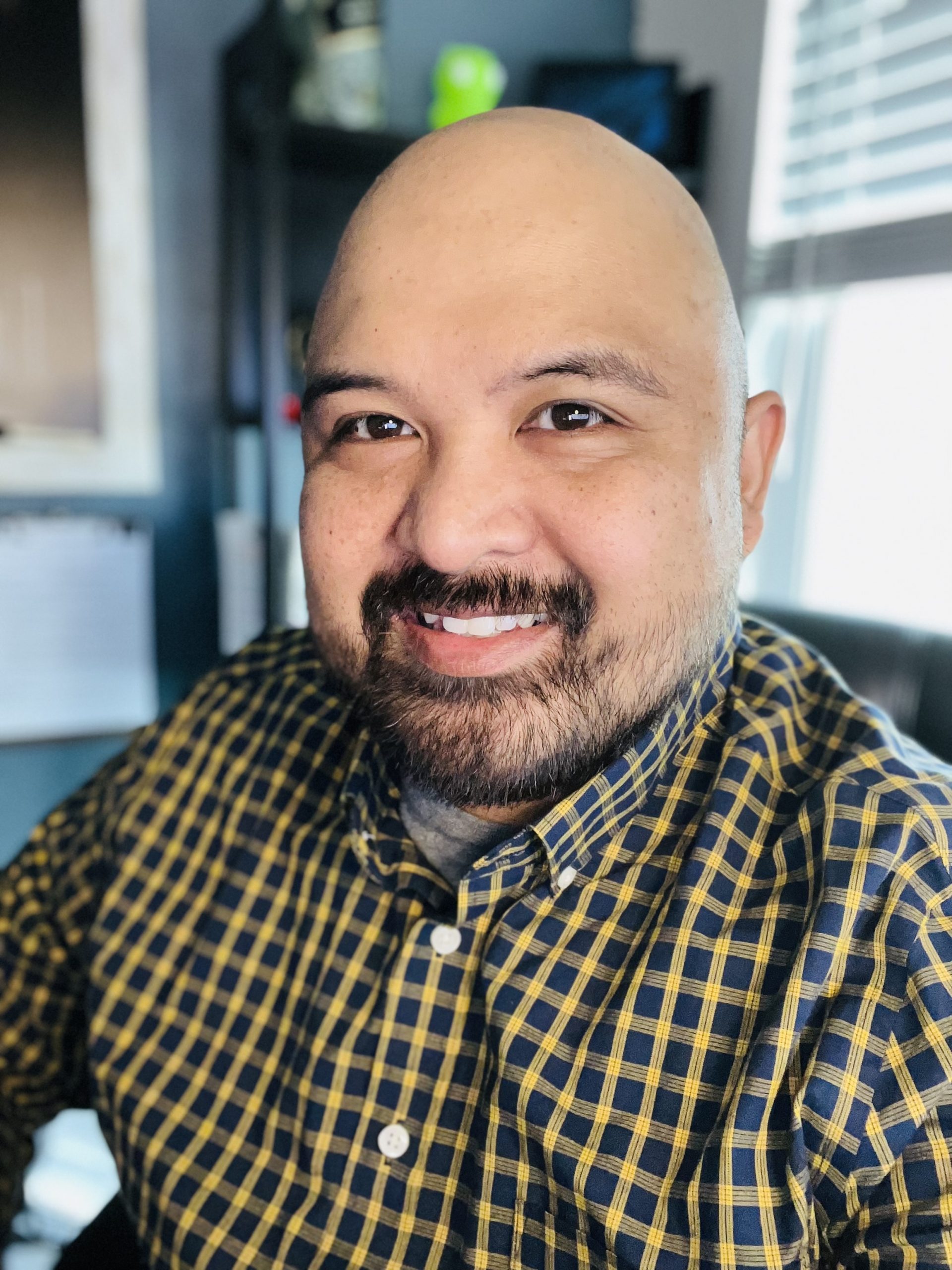Why study BS Nursing in Southville?
SISC’s BSN program is a good fit for students looking for a 4-year Baccalaureate program that will prepare them for a career and equip them to be confident and responsive nursing professionals.
SISC’s BSN program blends the core spirit of our nursing traditions with new, innovative practice models of care that respond to the demands of a dynamic global landscape.
The instruction and learning process utilizes a concept-based cognitive structure, outcomes-based skills training, and value-rich transformative development.
The BSN program is run by competent, dedicated faculty members with rich and diverse professional practice experiences, who are fully supportive of upholding a nurturing and caring learning environment and embracing diversity.
These interconnected elements in our program model have led to sustained high levels of performance in national licensure examinations, and we have consistently produced Board Top performers over the years.
Our graduates have confidently passed foreign examinations and obtained certifications all over the world, opening doors to various opportunities.
SISC BSN graduates have embraced the vision of becoming lifelong learners and leaders with a compassionate heart for service, aspiring to make a difference.
MOOC/Course Certification
Southville Students are assured of receiving extra credentials for their future by taking the following certification/s.
- Leading Healthcare Quality and Safety
- ACLS Certification from Alison
- The Science of Well-Being for Teens
- Early Childhood: Motor and Cognitive Development








